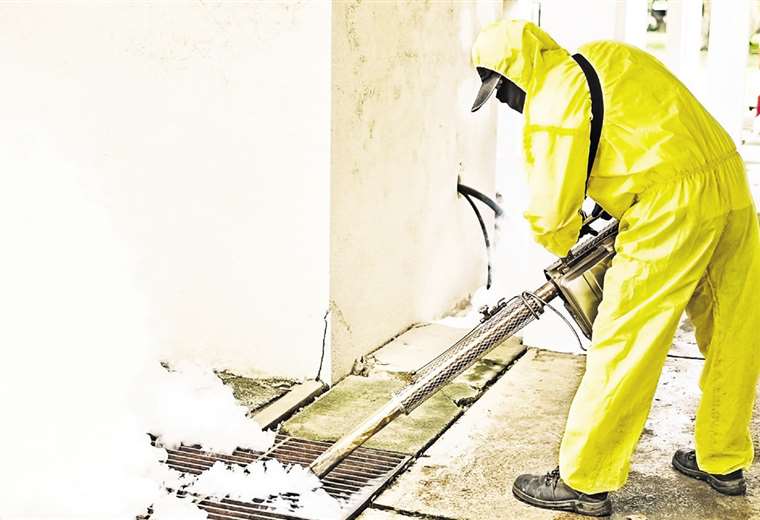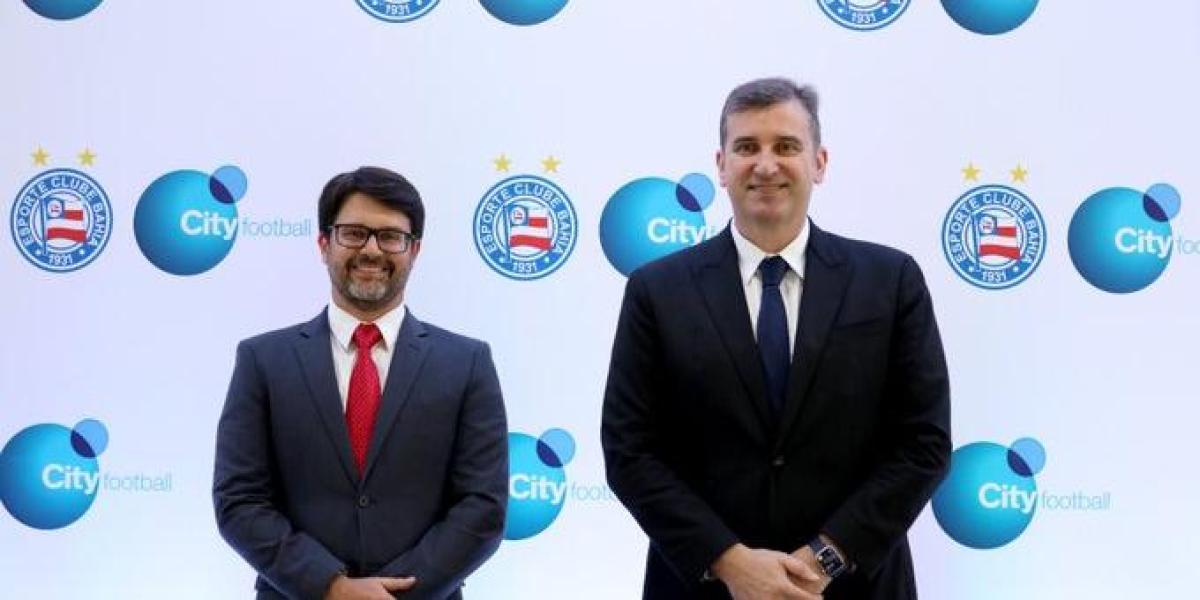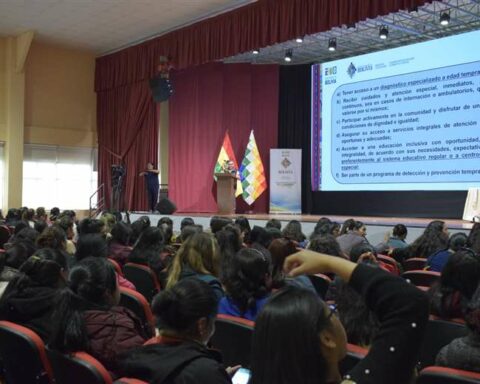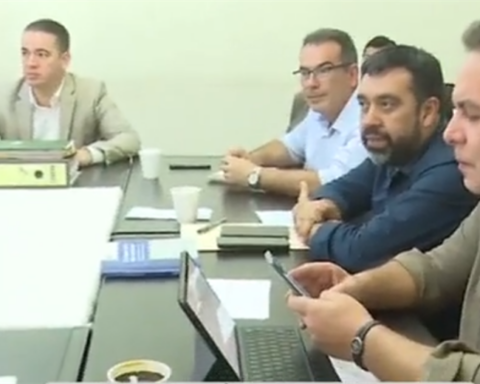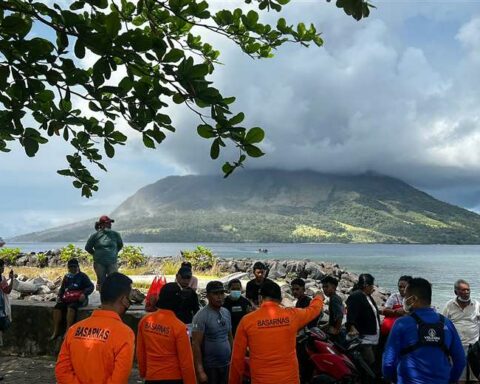The National Administration of Medicines, Food and Medical Technology (Anmat) in Argentina authorized the use of the dengue vaccine developed by the Japanese laboratory Takeda for all people over 4 years of age, whether or not they have previously had the disease.
The Ministry of Health of that country reported that the vaccine -TAK-003- is based on the dengue 2 virus, to which DNA from the other three serotypes is added to protect against any of the four types of dengue. Its form of administration consists of two doses that must be applied at an interval of three months.
TAK-003, also known as Qdenga, received its first approval in August 2022 in Indonesia and subsequently in the European Union in December 2022.
This was followed by the United Kingdom in January 2023 and has also recently been approved by the Brazilian National Health Surveillance Agency (Anvisa).
Its use is contemplated for endemic areas. After approval by Anmat, the Japanese laboratory will establish the protocols for the start of the production process for the shipment of a batch of it.
When this happens, once this cycle is completed and always following quality and traceability standards, Argentina will be in a position to receive this shipment for its subsequent commercialization in national territory.
“In a clinical study that included more than 20,000 participants, for 4.5 years, the vaccine was shown to reduce hospitalizations due to dengue by 84% and cases of symptomatic dengue by 61%,” indicated, on the other hand, a statement from Takeda lab press.
The expert’s opinion
Ministry authorities held a meeting with specialists and experts to analyze the different vaccines approved against dengue, or in the process of being approved, as well as to study possible recommendations for the implementation of a vaccine against this disease.
The meeting was attended by representatives of the Takeda laboratory, as well as the Butantan Institute of Brazil and the Sanofi-Pasteur laboratory, who presented an update on the phase III studies of their dengue vaccines.
“The arrival of a new vaccine always opens the hope of preventing a disease and, fundamentally, of being able to prevent its most serious impact, especially those cases that may require hospitalization and put lives at risk. In relation to this vaccine against dengue, it takes several years of research and development that allow confirming its safety and efficacy, and it can be administered regardless of whether or not the person has previously had dengue,” said Dr. Pablo Bonvehí, head of Infectious Diseases. Cemic University Hospital.
“The evolution of the disease caused by dengue is related to factors of the person who is infected and the way they respond to the infection, the serotype that infects the person, and early consultation,” said Dr. Eduardo. López, head of the Department of Medicine at the Ricardo Gutiérrez Children’s Hospital.
“The study of the vaccine in which a follow-up was carried out for 4.5 years demonstrated an efficacy in prevention of symptomatic dengue of 61% and in prevention of hospitalization due to dengue of 84%. They are very compelling efficiency figures,” López added.
The vaccine was shown to reduce hospitalizations due to dengue by 84% and cases of symptomatic dengue by 61%.

